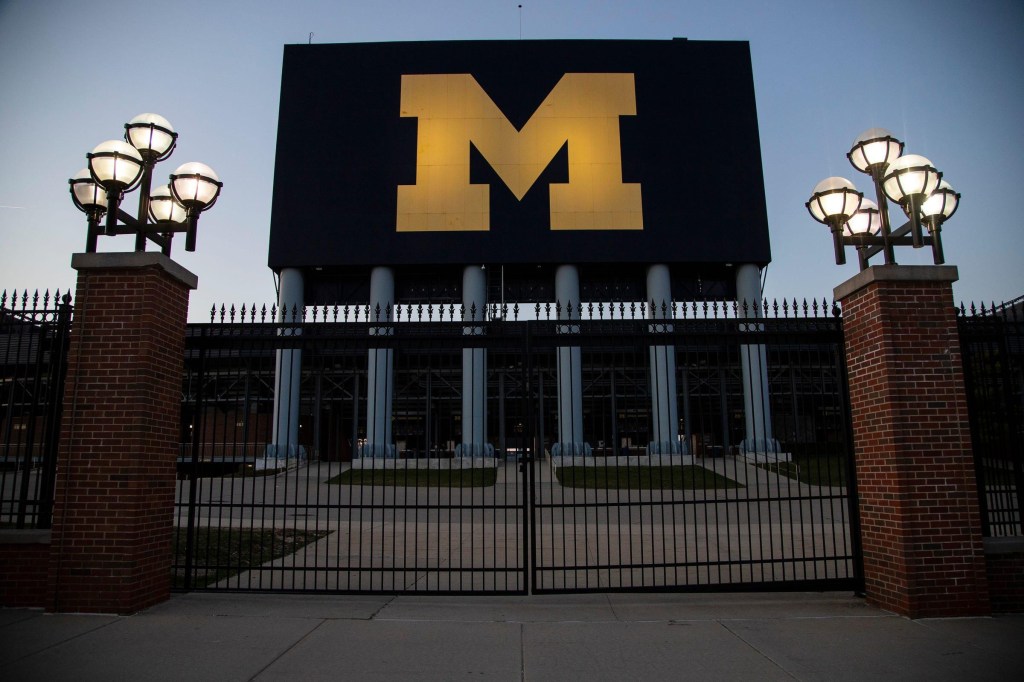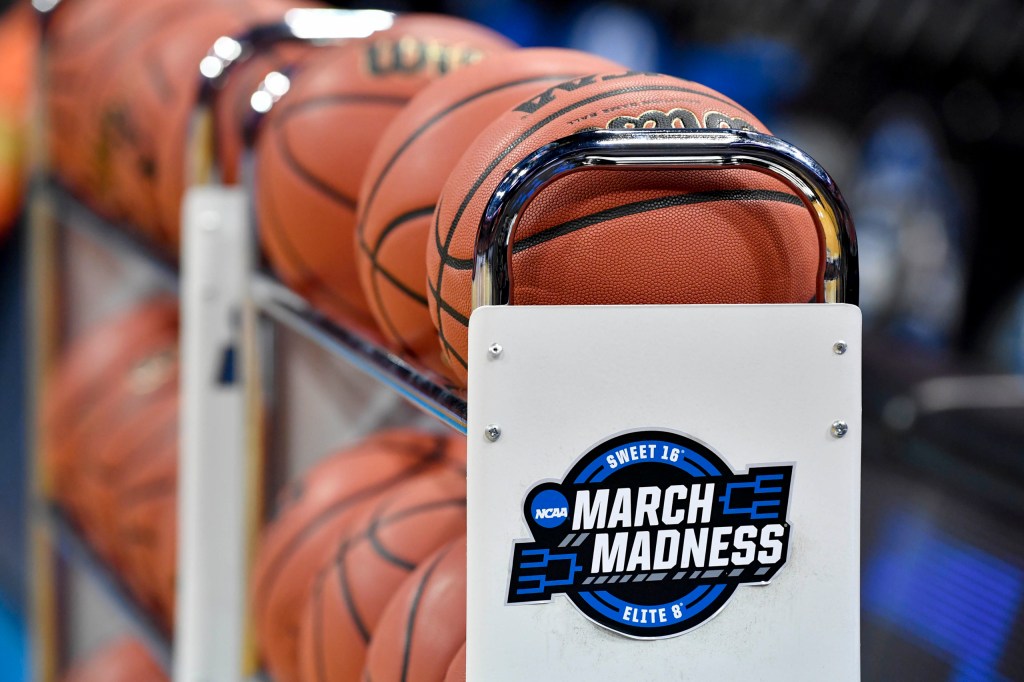The Big Ten will resume its football season Oct. 23-24 after postponing play due to the coronavirus pandemic, the conference announced on Sept. 16. The conference’s Council of Presidents and Chancellors voted unanimously.
The Big Ten had originally postponed its season on Aug. 11 due to concerns regarding myocarditis and lack of testing, University of Wisconsin-Madison Chancellor Rebecca Blank said during a Senate hearing on Sept. 15. Those concerns have been mitigated by new testing protocols, the announcement said.
“It wasn’t about political pressure. It wasn’t about money. It wasn’t about lawsuits. It wasn’t about what everyone else was doing,” said Northwestern President Morton Schapiro during a press conference following the announcement. Instead, the decision was based on information presented to the presidents and chancellors in the past week, and the establishment of new safety protocols.
The season will consist of each team playing eight regular season games, Wisconsin Athletic Director Barry Alvarez said during a press conference. Each team will then play a ninth “championship” game, in which each seed from the both regions will go head to head. For example, the one seeds for both divisions will play each other, the two seeds, and so on.
“Stay positive. Test negative. Let’s play football,” read Michigan head coach Jim Harbaugh’s statement regarding Big Ten football’s return.
There will be no public ticket sales for any Big Ten football games, Penn State athletic director Sandy Barbour said, though the conference is discussing ways to allow family members of athletes and staff into the stands.
The Big Ten’s new safety protocols include daily rapid tests and cardiac screening for myocarditis and other COVID-19-induced cardiac health complications. Athletes who test positive with an antigen test will then receive a PCR test — considered a slower but more accurate test — to confirm their result. If more than 5% of the team or more than 7.5% of the total population tests positive, practice and competition will halt for a minimum of seven days.
Commissioner Kevin Warren said the burden of the cost for testing will fall on the conference, and did not say which companies the conference had partnered with.
The Big Ten institutions will also create a “cardiac registry” that will track the impact of COVID-19 on college athletes, which will supposedly add to growing research about the risk myocarditis may pose to athletes who test positive.
Decisions regarding the resumption of other fall sports will be released “shortly,” the announcement says, though Warren said during a press conference that all fall sports will have access to daily rapid antigen testing.




